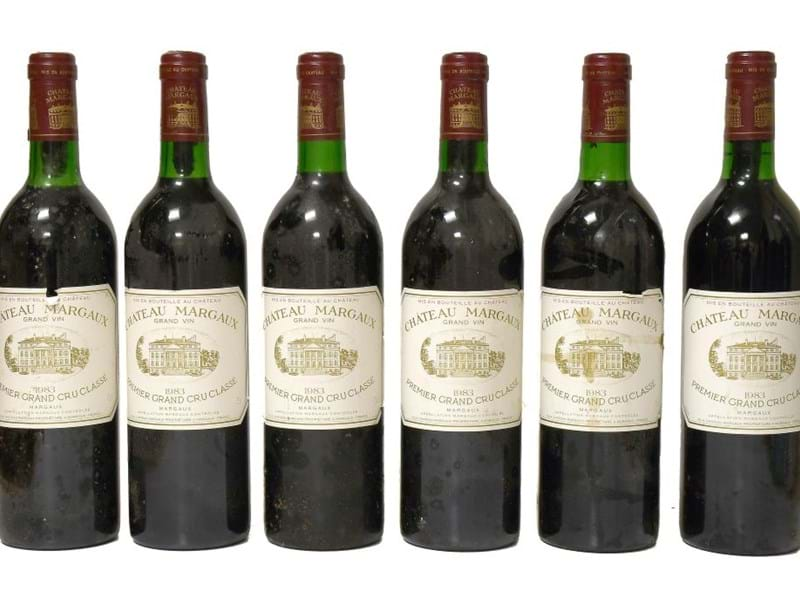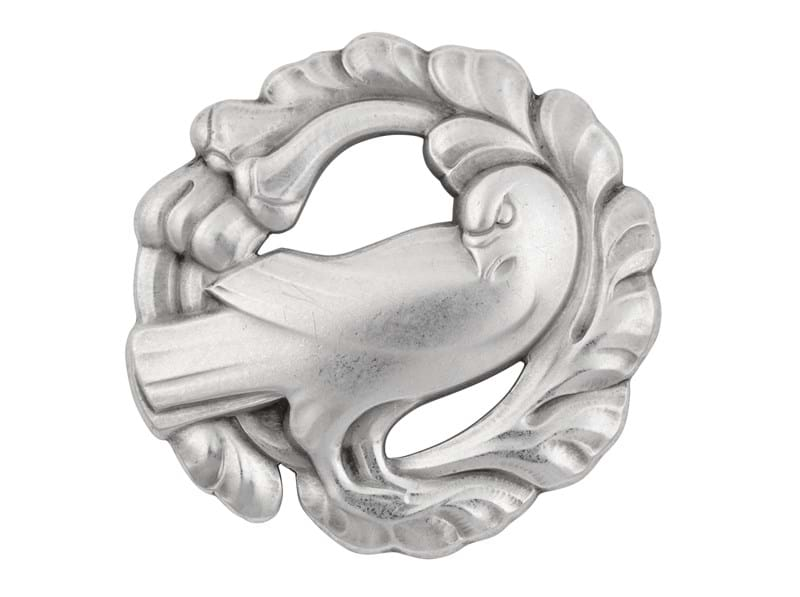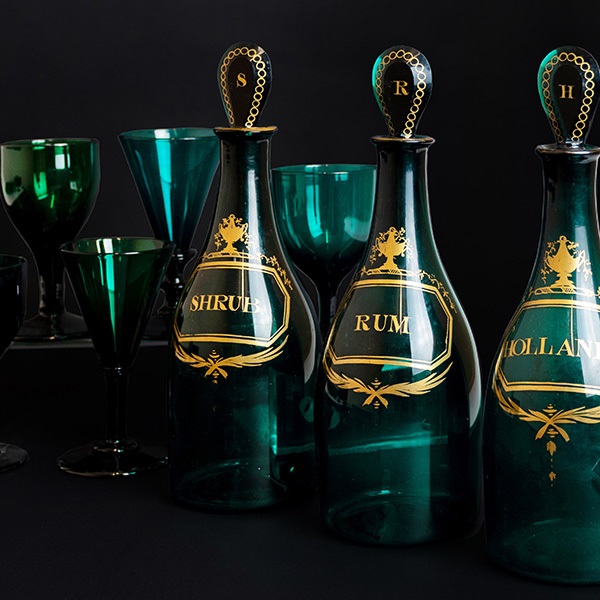A rare record of army life in the 19th century is coming to auction in the form of an archive of letters written by a solider which will be sold in the Books, Maps and Manuscripts Sale on 13th December. It is very unusual to have such a vivid and detailed account written by an enlisted soldier rather than an officer.
The letters were written by G.C. Binkley or J.C. Binkley (the first initial of the signatures appears to change after 1846), mostly to his sister in Nottingham. Binkley was a soldier of the 61st (South Gloucestershire) Regiment of Foot between 1843 and 1849 and was drafted for India. The letters, which comprise sixty-eight letters, will be offered with an estimate of £700-1,000 (plus buyer's premium).
Originally from Nottingham, in 1843 illness forced Binkley to leave his employment in Birmingham and he moved to Cork, where poverty drove him to enlist in the 35th Foot. Drafted for India, he unsuccessfully tried to persuade doctors that he was unfit for overseas duty. He was then transferred to the 61st Foot in 1844, and after an initial failed journey, in 1845 he sailed from Cork to Calcutta.
On arrival in India, he endured a 622-mile march to Cawnpore, with elephants and camels carrying the baggage, and his account of the march included details of an arranged tiger fight and numerous deaths amongst the company. The letters then go on to detail his promotion to sergeant, his marriage to the widow of the regimental tailor, and numerous battles during the Second Sikh War in 1848.
The detailed letters include accounts such as that of the Battle of Chillianwallah in February 1849: he wrote ‘we fought the hardest battle that was fought in India and in 3- or 4-hours thousands and thousands lay dead and dying on the fields. The British Army lost 2,357 fighting men, killed, and wounded on that day’. The enemy were thought to have lost, killed and wounded, some 26-27 thousand. Darkness prevented retrieval of the dead and wounded ‘and in the morning these were missing and most likely were carried away by wolves, jackals or some other beasts of prey’.
In May 1849 Binkley arrived in Peshawar, where the heat was punishing but he learned of the birth of his daughter. Sadly, Binkley fell ill with a liver abscess, and died in December 1849 aged just 29. He never met his daughter, who too died the following year. The lot also includes a letter form Binkley's Sgt. Major advising of his death, letters from Binkley's wife, and an original inscribed painting depicting a Sergeant under the battle colours of the South Gloucestershires, sent after his promotion and signed in the lower corner.
Read a full description of the lot.











